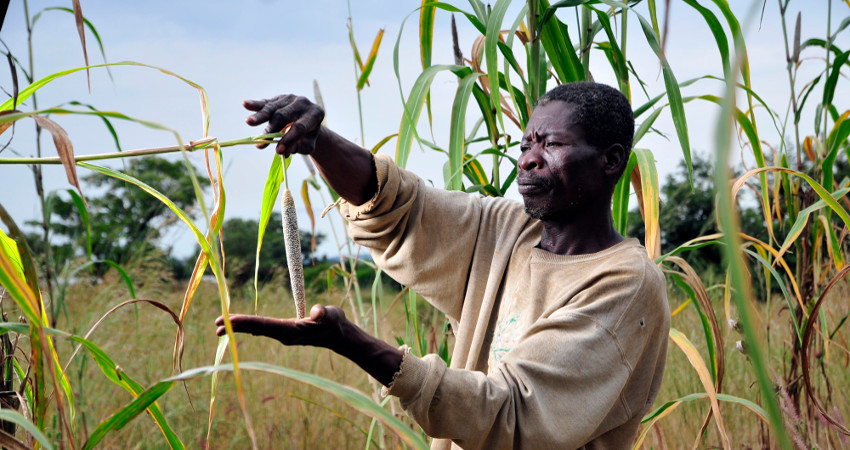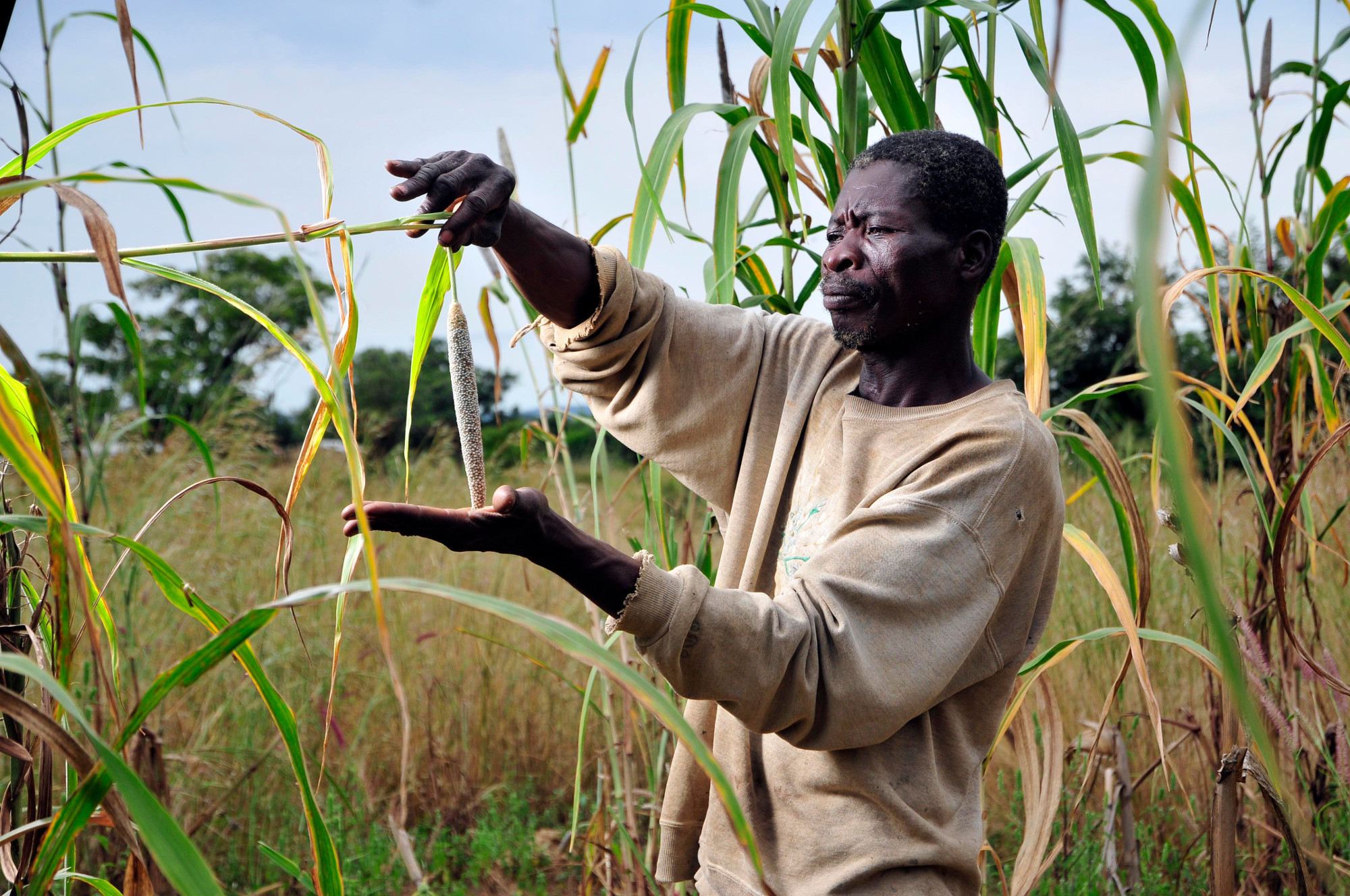ASBP stands for African Seed and Biotechnology Program. It is a continental program that frames the development of the seed sector in Africa. ASBP was developed under the auspices of the African Union (AU) with substantial support by the Food and Agriculture Organization (FAO). It is designed to contribute towards agricultural transformation, economic growth, food security and nutrition and overall prosperity in Africa.
ASBP encapsulates all the principles, outputs and activities that any seed-related initiative can display. By so doing, it promotes a more coordinated and coherent approach to interventions in the seed sector.
At the continental level, it is part of the initiatives that contribute to the goals of the Comprehensive Africa Agriculture Development Programme (CAADP). At the global level, it contributes to achieving the Sustainable Development Goals, mostly towards SDG 2, i.e. “End hunger, achieve food security and improved nutrition and promote sustainable agriculture”, but also SDG 1, 12 et 13, relating to poverty reduction, responsible consumption and production, and climate change.
Its creation dates back to 2005, when during the Ordinary Session of the Assembly of the AU in Sirte (Libya), Member States recognized the need to act collectively to address the specific challenges that confront stakeholders of the African seed sector. To respond to this need, African seed experts entered into an extensive process of stakeholder consultation and analysis and developed a comprehensive program named the African Seed and Biotechnology Program - ASPB - which was approved by AU Heads of State and Government in Addis Ababa in 2007.
An official reference platform
The ASBP has since become the official African Union policy and program platform for seed sector development. It provides guidance at continental, regional and national levels. It offers an analysis of strengths and weaknesses of the seed sector in Africa, as well as a set of proposed activities to reach desired outputs.
The proposed activities and outputs encompass the entire seed sector, starting from genetic resources through research and variety development, to seed production and processing and ending in marketing and utilization.
In order to translate the intentions of the ASPB into reality, an elaborate implementation plan has been prepared, including a careful institutional arrangement. Taking account of the numerous institutions and agencies operating in the seed sector at continental, regional and national level, it is clear that partnerships and collaborations appear to be key in achieving set objectives. Stakeholder constituencies include government agencies, the private sector, development, technical and financial partners, regional economic communities, farmers’ organizations and civil society.
Fostering partnerships and collaboration
In order to achieve the desired results of seed sector development, partnerships and collaborations among the stakeholders should be accelerated. It therefore became necessary to assign a continental institution, mandated by AU, to play a secretariat and coordination role aimed at ensuring the smooth and effective implementation of ASBP. Thus, in 2009, AfricaSeeds – formerly known as African Seed Network until August 2014 – was designated to head the ASBP program and lead in re-invigorating seed sector development in Africa.
Stakeholders’ adherence to ASPB as a framework will be guided by ad hoc agreements based on the varying circumstances of the variety of stakeholders, while at the same time ensuring that the underlying principles, diagnosis and prescribed activities of ASPB are respected.
As the overarching institution in charge of a continental program, AfricaSeeds has the duty to report to AU regarding progress towards the achievements of program goals. AfricaSeeds, by providing coordination, advocacy, resource mobilization, information sharing and facilitation, monitoring and evaluation and impact assessment, embodies the leadership functions that seed stakeholders require. These tasks are aimed at achieving agricultural transformation and should therefore contribute to improved food security and resilience in Africa.
 ©CIAT
©CIAT
The ASBP is the continental program of the AU that frames the development of the seed sector in Africa

